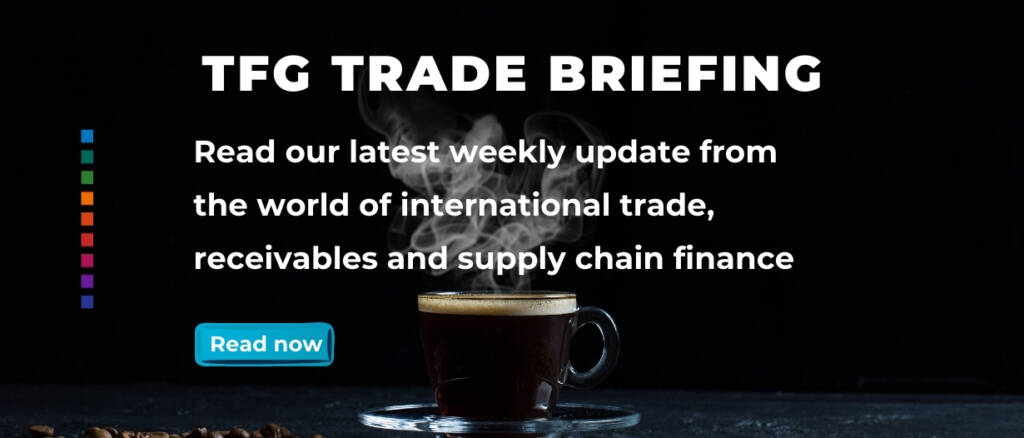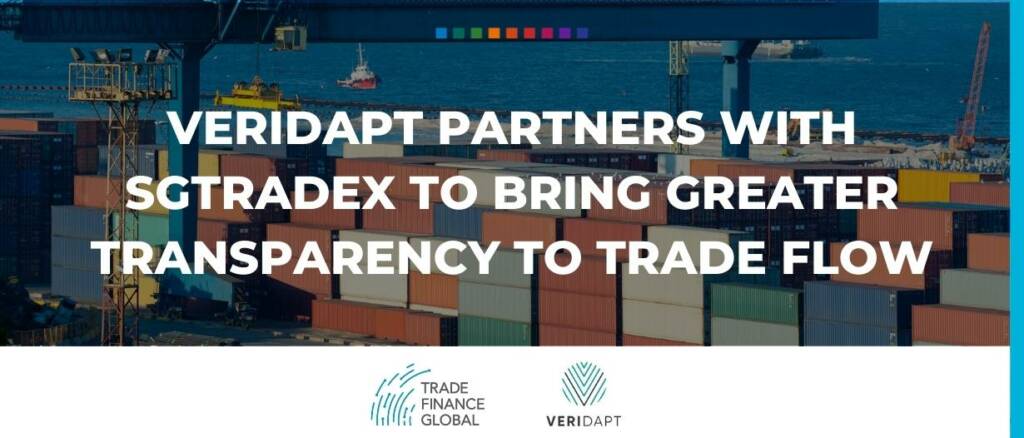Trade Finance Global (TFG) spoke with Rishikesh Tinaikar, global head of corporates and Trade Go to Market at SWIFT, to further explore the pandemic recovery and how lockdowns are accelerating trade finance’s push toward digitalisation.
Your Monday coffee briefing from TFG.
Emerging markets roundtable: understanding and addressing the trade finance challenges for SMEs.
This year’s ITFA 48th Annual Trade & Forfaiting conference, held in Porto, covered a few key themes, one of the most notable being the increasing trade finance gap, which impacts small- to medium-sized enterprises (SMEs) in emerging markets the most.
TFG’s Annie Kovacevic sat down with Gordon Cessford, president of Atradius US and regional head of Atradius in North America to understand more about political risks, emerging markets, and digitalisation.
With a global energy and food crisis peaking, alongside hiking inflationary rates and geopolitical tensions, it may seem that the road ahead for the African continent is not as straightforward as one would hope.
Speaking to George Wilson, head of institutional trade finance at Investec, Trade Finance Global (TFG) was able to find out more about the African eco-system.
Finastra and Visa announced a Banking as a Service (BaaS) collaboration on September 22, 2022. This partnership will co-develop new features for Finastra’s Payments Hub solutions. It will also implement… read more →
VERIDAPT, a digitised commodity monitoring management company, joined forces with Singapore Trade Data Exchange (SGTraDex) to provide banks, traders, and terminal operators with a new trade flow platform. SGTraDex, a… read more →
In preparation for the 2022 EBRD TFP Trade Finance Forum, held in Istanbul, Turkey, Trade Finance Global’s (TFG) Annie Kovacevic sat down with Chynara Alybaeva, head of global transaction banking department at Optima Bank OJSC, to learn more about the banking sector in the Kyrgyz Republic.
The world of credit insurance has seen a multitude of fluctuations in the market, as of late. Whether it be, COVID-19, geopolitical instability, or inflation, these factors have significantly impacted the sector, lowering the appetite for risk.
Your Monday morning coffee briefing from TFG: TFG partners with UKEF and DIT to create a trade and export finance guide























